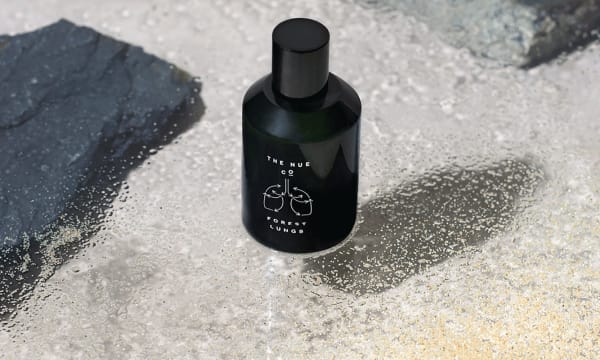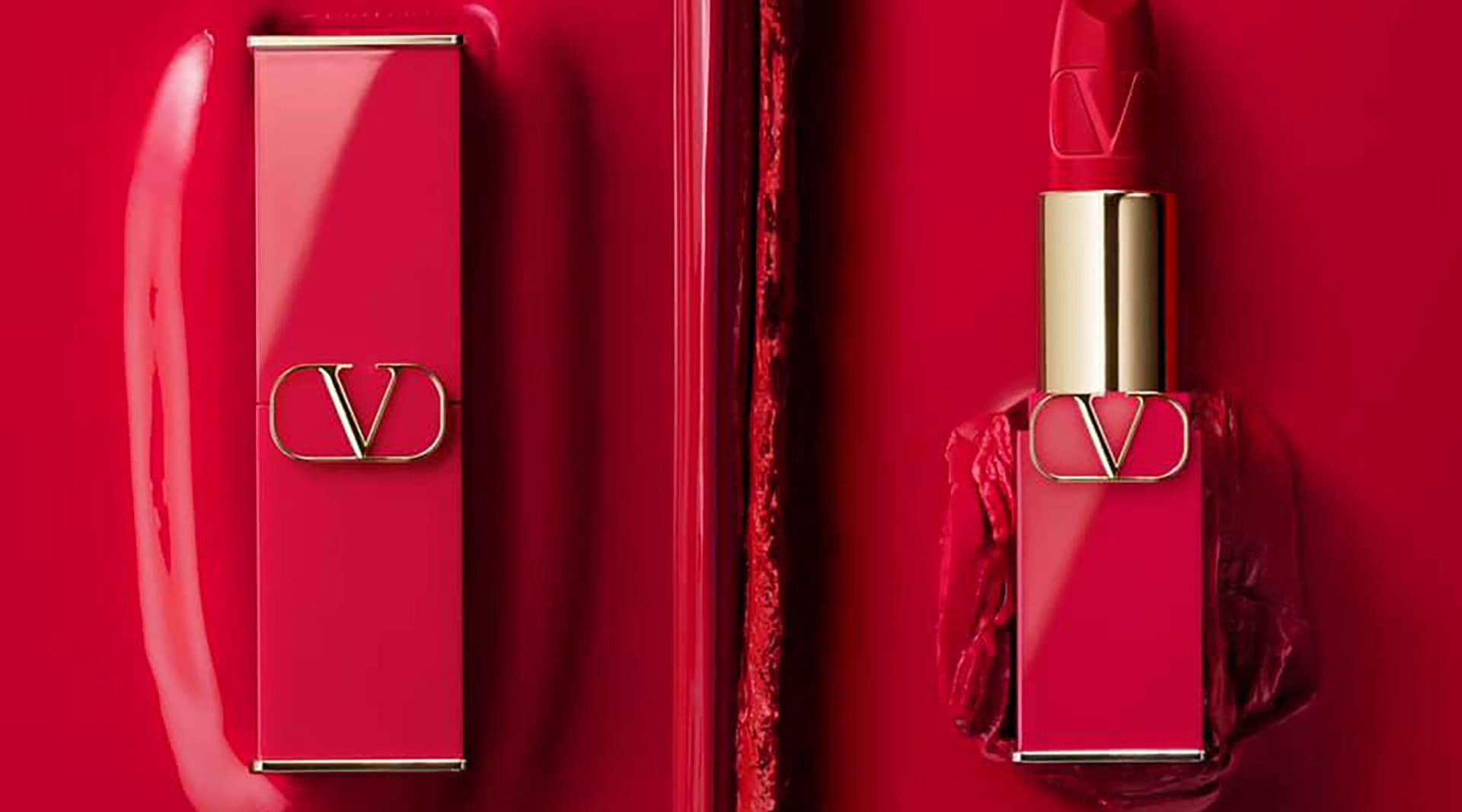12 August 2021
Consumers are driving demand for luxury-influenced beauty, propelling crossover partnerships between high-end labels and beauty brands.
In June, WWD reported that beauty is projected to grow 8.5% annually in line with the luxury market, more than other segments. Specifically, these numbers are driven by Chinese consumers, gen z and millennials. The latter two consumer groups will make up about 60% of total luxury spending by 2026 according to Estée Lauder’s executive group president Jane Hertzmark Hudis, and many labels are entering the beauty industry as a result.
Unilever’s skincare and prestige beauty growth increased by double digits in the first half of 2021 alone. The company’s strategic focus on prestige beauty is making “good progress” according to CEO Alan Jope, and the category is showing a strong increase in sales as Unilever continues to introduce high-end products.
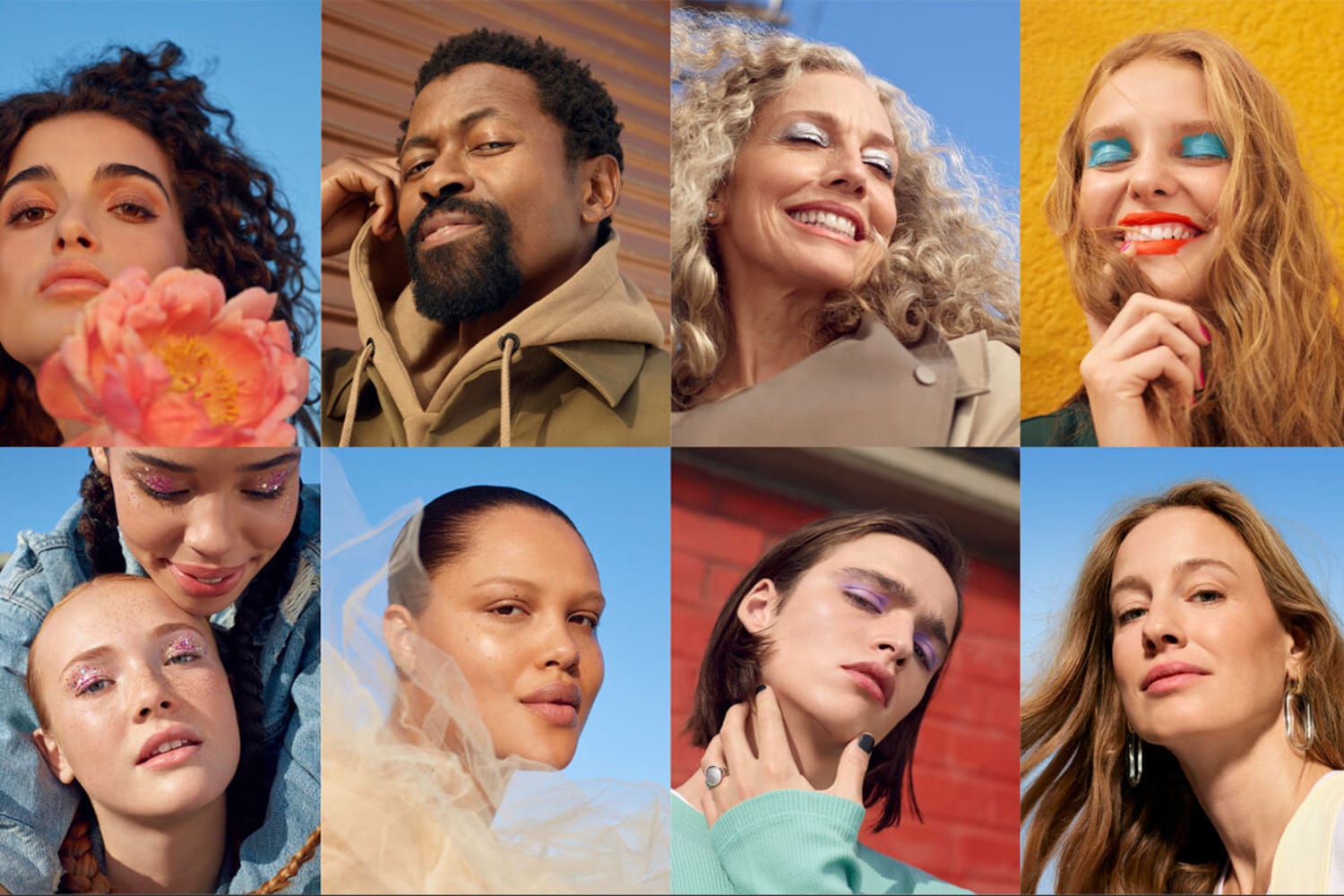
European lifestyle and high-end fashion platform Zalando announced a partnership with Sephora in June. Their strategic partnership will introduce Sephora’s expansive beauty offering to Zalando’s luxury-seeking customer base, elevating Sephora’s beauty offering to a new lifestyle community. Sephora CEO Martin Brok said that the collaboration is “bringing together fashion, accessories, and prestige beauty under one roof.” In another beauty move, Sephora aquired LVMH-owned Feelunique
the following month, securing a spot for the beauty giant in the UK market.
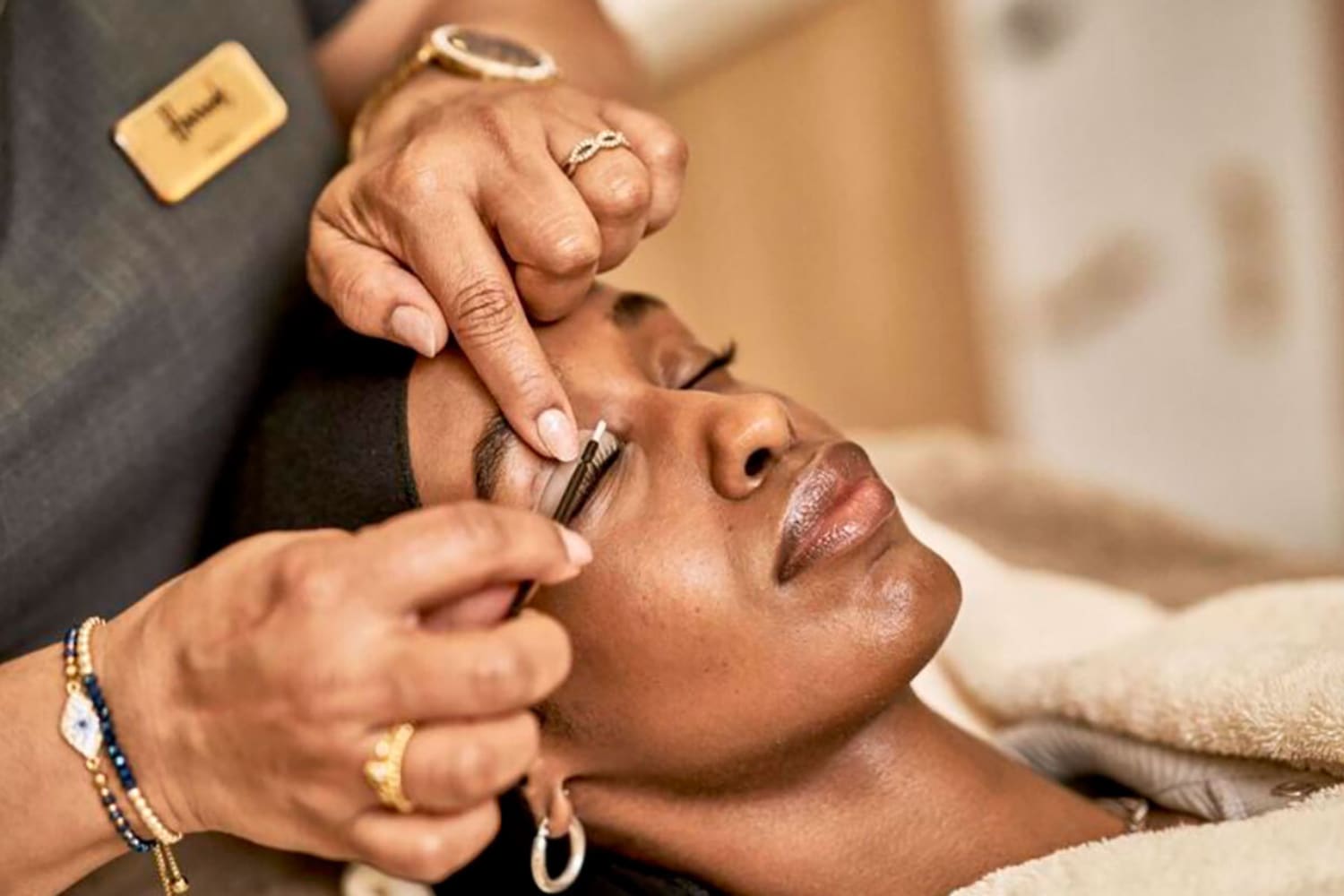
Luxury British retailer Harrods will open three independent H Beauty stores in Bristol, Edinburgh and Gateshead in the next year, adding over 127,000 square feet of real estate to their current beauty retail offering. A self-proclaimed milestone in their growth strategy, the stores will include skincare stations, blow dry services and champagne bars to elevate the customer experience. While expanding their beauty offering outside of their popular London storefront, the decision also speaks to consumers’ desire for luxury beauty shopping opportunities.
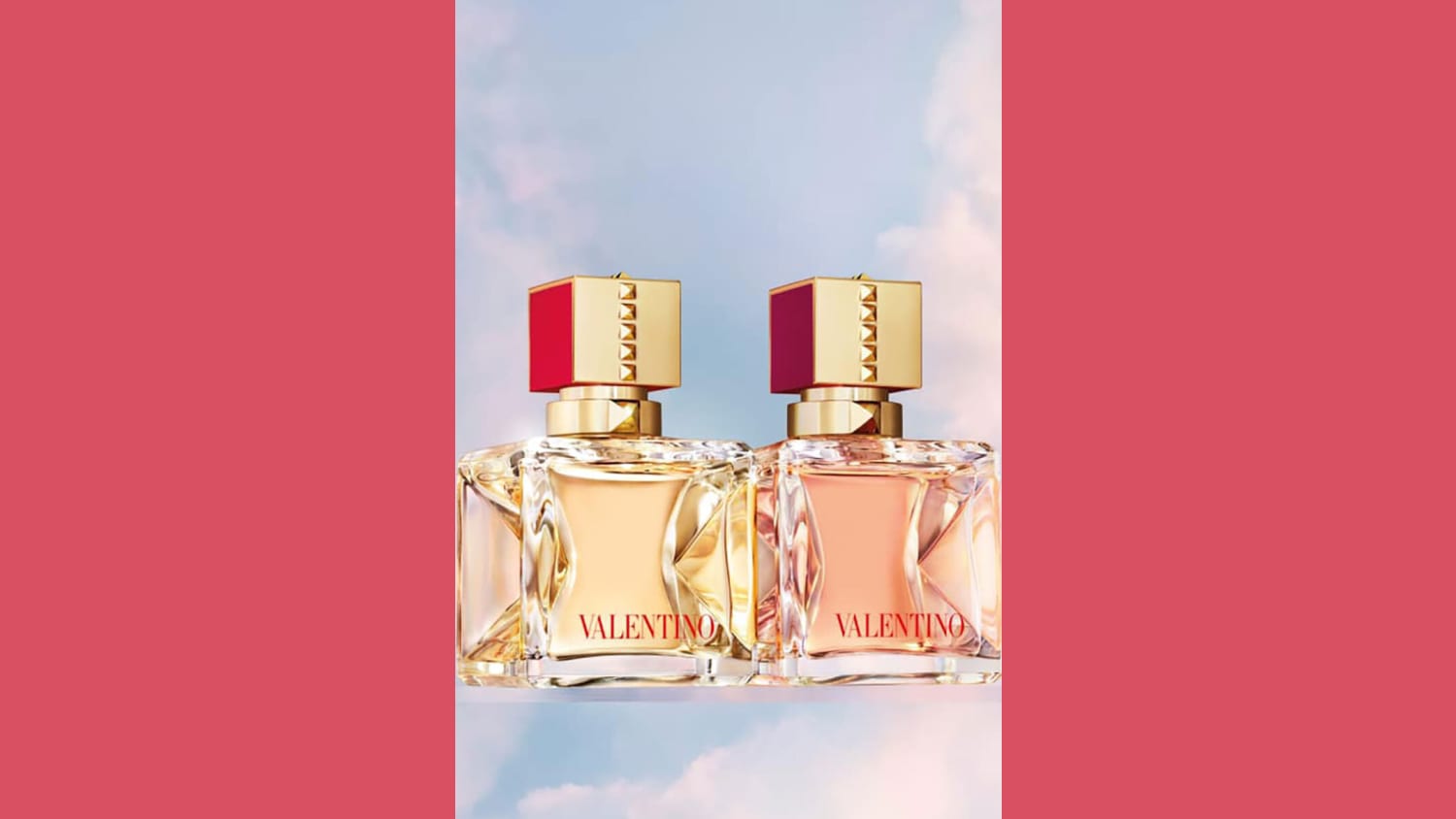
Valentino will launch its first makeup collection in August, a “couture clash” statement that will add beauty to the brand’s established high-fashion persona. Already in Selfridges and affluent online beauty platforms, the label is drawing in younger, new customers who may not normally purchase their pricey leather goods and handbags.
Gemma Lionello, Nordstrom’s executive vice president and general merchandise manager, told WWD that “Luxury is no longer defined by a store — it is defined by experience,” saying that as retailers their goal is to “engage and inspire” customers. Lionello maintains that customers return to a brand “time and again because they trust our service and rely on our expertise.” Prestige beauty merges individualized service, high quality products and brand expertise, and brands are ramping up their offerings to appeal to the category’s thriving consumer base.
Main image of Valentino Couture Beauty, courtesy of Facebook.
Please provide your contact information to continue.
Related Content
